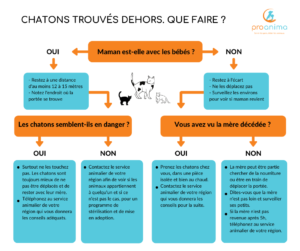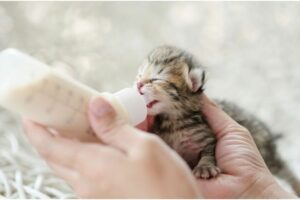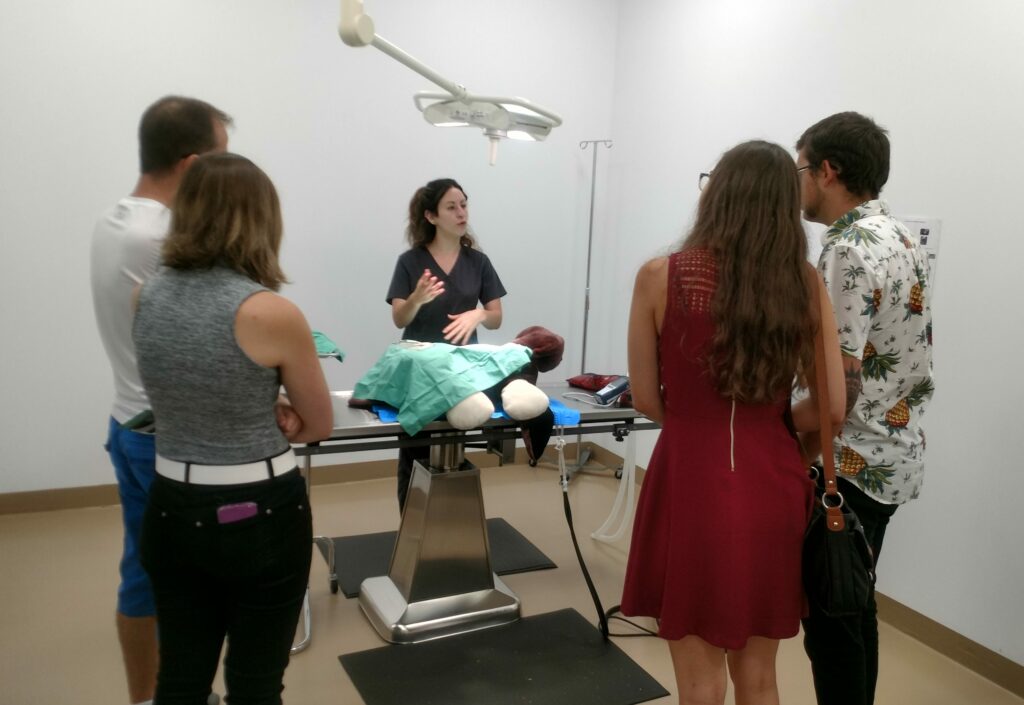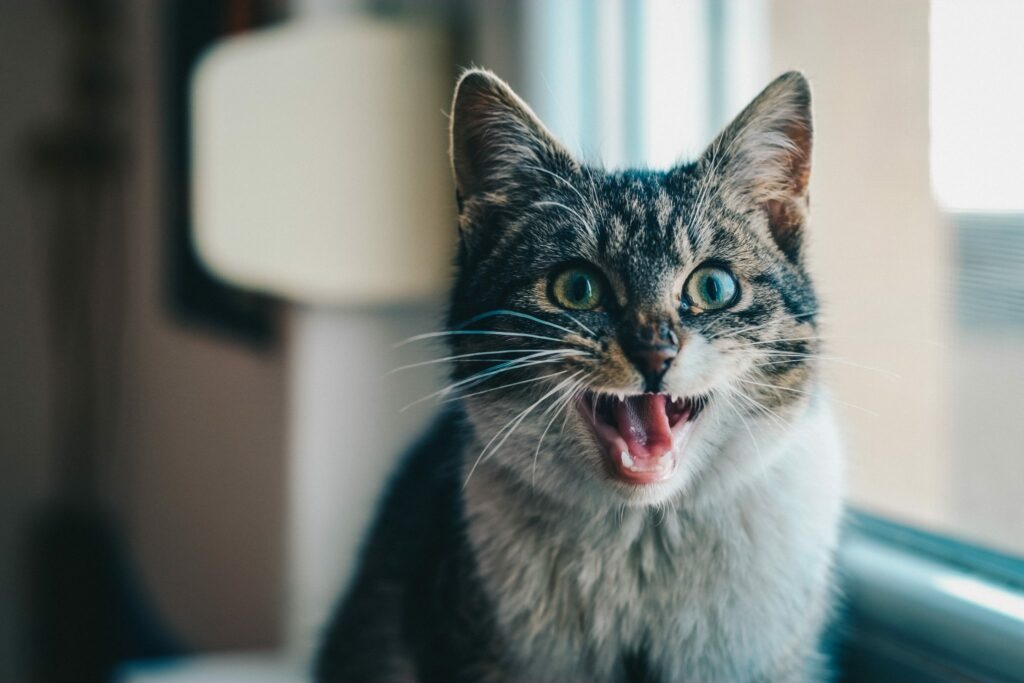I found kittens, what should I do?
By Patricia Durocher • 10 December 2024
Have you found one or more kittens outside? You will find here many useful suggestions.
Here is a diagram of the first steps to follow:

After checking, you have decided to take care of it? Here are several steps to follow:
1. Install it(them) in a safe space
Put the kitten in an isolated room, with blankets and cushions in a cardboard box for example. The place must be quiet and sheltered from your other animals (if you have any).
2. Warm the kitten
This is a very important step. Without their mother, a kitten younger than 4 weeks is fragile and not able to keep their body heat-an essential condition for their development and their ability to eat. If they are without a mother; use blankets or ideally a Magic Bag available at a veterinary or animal store. If needed, raise the temperature of the room.
Indicators of optimal body temperature:
- 4-6 weeks of age: 37.7 – 38.3 C
- 6-8 weeks of age: 37.7 – 38.3 C
3. Feed it
Follow this guide according to the kitten’s estimated age:
The kitten is 0 to 21 days old
- Less than 7 days old; eyes are closed, ears are folded, umbilical cord still present.
- Age 7 to 14 days; eyes are open, ears are slightly unfolded, no umbilical cord.
- Age 14 to 21 days; straightened ears, front teeth present, clumsily try to walk.
For the first 21 days, the kitten must eat every 3-4 hours a formula specially formulated for kittens and with the help of an adapted feeding bottle. You may find everything necessary at animal stores or veterinary clinics. Caution: never give cows milk to a kitten. This type of milk is not appropriate for kittens and may lead to diarrhea and many health problems.
the kitten is 21 days or older
From 21 to 28 days: the kitten explores with more confidence, presence of canines, able to retract its claws. When it is four weeks old, you can start giving it wet kitten food diluted with a little water, four times a day. If the kitten does not eat it, keep bottle-feeding (see above).
An indication of good nutrition is their regularly gaining weight. Use a kitchen scale to weigh them to verify if they are gaining sufficient weight.
IMPORTANT!
The kitten must be well positioned during meals. NEVER PUT A KITTEN ON ITS BACK DURING MEALS . Simply because a poorly positioned kitten can aspirate milk into its lungs instead of swallowing it, resulting in pneumonia and/or death. Kittens are most comfortable when they are in the same position they are in while nursing naturally from their mother. To achieve this position, place the kitten face down on a blanket. If the kitten is restless, it is possible to swaddle him in a towel.

4. Keep it clean
The mother stimulates the kittens to defecate and urinate regularly. Kittens need stimulation until 3 weeks of age. They should be stimulated after every meal. Kittens should urinate every time and should defecate at least once a day. Urine is pale yellow/clear and stools are yellow-brown with a soft texture similar to toothpaste. After each meal, rub the abdomen and genital area GENTLY with a cotton ball or gauze moistened with lukewarm water. If the kitten is not taking the bottle and appears swollen in the abdomen, try to stimulate urination and defecation before feeding. You can also try burping the kitten by gently tapping the back. If the kitten is swallowing a lot of air while taking the bottle, it may be necessary to stimulate burping after each feeding in addition to urination and defecation.
5. Beware of germs
Kittens are fragile and are at risk of developing infectious diseases. Before and after caring for the kitten(s), wash your hands. Ideally, use special clothing to come into the kitten’s room. Avoid contact with unvaccinated animals and/or those that go outside.
You would like to wait a bit and find them an adoptive family?
Think of a few things;
- their socialization: at about 3 weeks of age kittens need exercise and to play with their brothers and sisters. Socialization with humans can also start at this age. The socialization critical period for a kitten is between the ages of 4 to 12 weeks. Provide safe toys and play with them at least once a day. (Never use your fingers instead of toys)
- Consider having the kitten sterilized and vaccinated or be assured that the future family will. As we do not want to contribute to the feline overpopulation problem by having them reproduce.





Leave a Reply